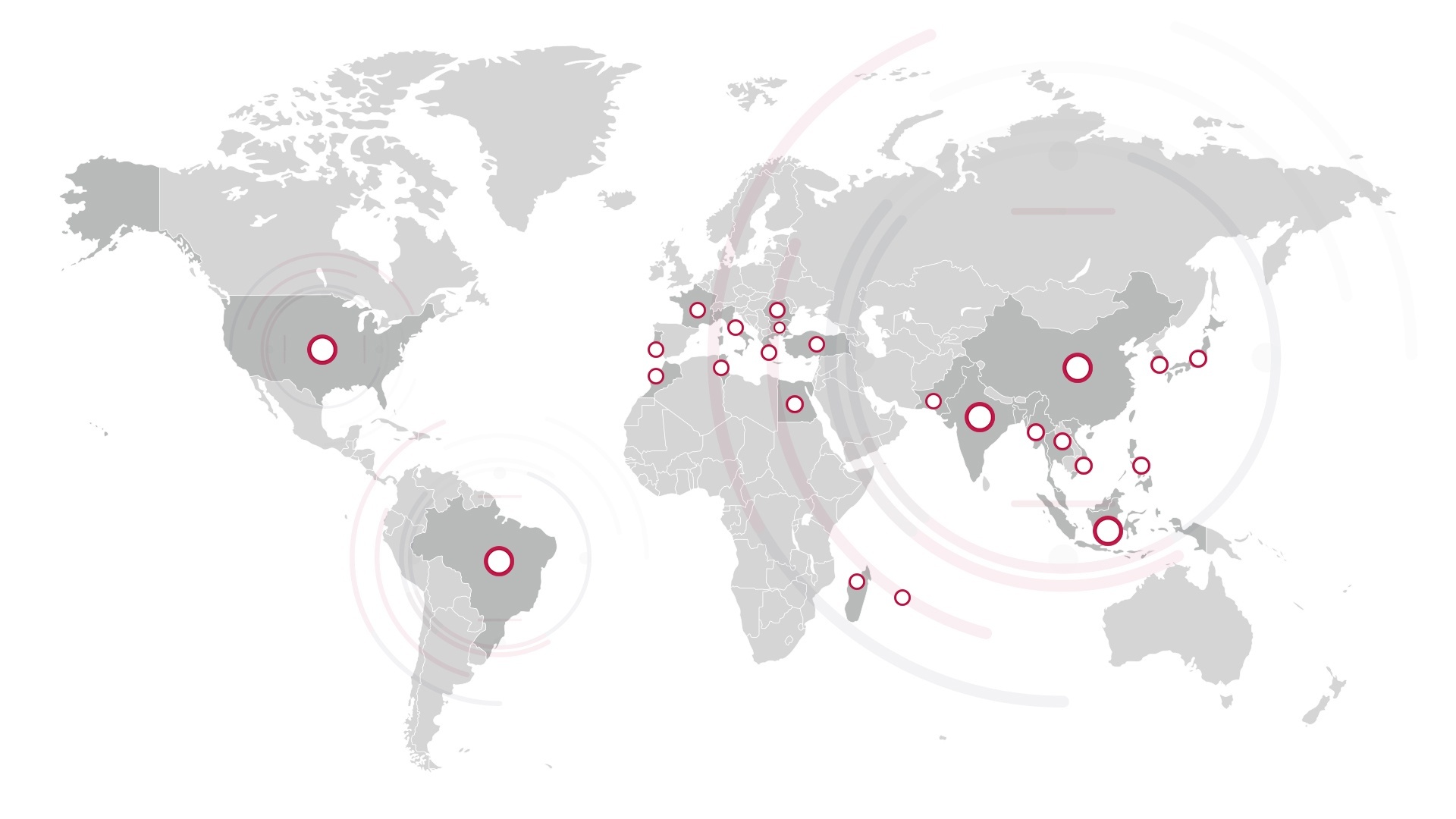In the past few years, we’ve seen an increase in companies and brands changing how they do things. Adaptability has become a necessary component of competitive business, and brands need to adapt quickly to changing customer views. In particular, the coronavirus pandemic has made consumers more conscious about the broader impacts of human action, such as the way we live and issues of social justice and environmental destruction.
Consumers are generally choosing to purchase from companies and brands they trust and which champion the causes that are important to them. Typically, the current consumer looks to support purpose-driven brands that are transparent, impactful, and offer sustainable alternatives to regular products while supporting causes that matter. The global fashion industry has been a hot topic in this area because of its significant sustainability challenges and because many of its consumers are leading this movement for change. Two-thirds of fashion consumers say that sustainability has become more important to them since the start of the pandemic, and a similar proportion would boycott a brand that fails to do its part in protecting the planet. This imperative for more sustainable fashion is particularly urgent among younger consumers. More than 90% of Gen Z consumers (aged 18 to 24) say that companies have a responsibility to protect the environment and make a positive social impact*. Many of these consumers want their fashion decisions to reflect their values, including embracing priorities such as second-hand, recycling, and repair.
Sustainability and ethics remain among the important purchasing decisions for consumers, with 52% citing sustainable production as their priority and 58% choosing ethical labor policies. There are other factors placed higher though, such as value for money at 81% and the perfect fit at 78%. While these requirements are unlikely to be anything other than primary, it may be possible to narrow the gap between sustainability considerations and this baseline focus on value and fit.
*Source: Attitude-behaviour Gap – Zalando
Issues and initiatives
Despite significant improvement in recent years, ethical issues continue to plague the fashion industry. Some of the more frequent ones include low wages, child labor, animal cruelty, health and safety risks, environmental issues, and more.
Some of the key initiatives for change include:
- Checking the material and product sources.
- Following sustainable textile growing practices.
- Repurposing old items and using pieces of them to create other products.
- Supporting community fair trade (different programs).
- Supporting ethical trade (ethical trade program, supplier code of conduct).
- Creating inclusive pieces that are available to everyone.
- Changing packaging to more sustainable options.
- Taking a stand in helping the planet and being more environmentally conscious by generating less waste, reducing CO2 emissions and electricity consumption, increasing recyclable materials, decreasing useless packaging, and more.
- Sharing mission and values openly and demonstrating genuine efforts and outcomes.
- Taking a stand against animal cruelty.
- Treating workers respectfully.
While there can be many more sustainability and CSR initiatives in the fashion, clothing, and accessories industry, these examples are good starting points.
There are also numerous industry initiatives and reference tools that set the guidelines and requirements that brands should follow to be more socially and environmentally responsible. Some of the more well-known ones include:
- Sedex: Supplier Ethical Data Exchange
- ICS: Initiative for Compliance and Sustainability
- SLCP: The Social and Labor Convergence Program
- ILO Conventions: International Labour Organization Conventions
Let the experts help
At SgT, we provide expert solutions that support our customers in their CSR journeys, such as:
- Social audit assessment:
– According to code of conduct definitions (ICS, Sedex, SCLP, ILO Conventions)
– Tailor-made based on the industry, your code of conduct, SgT’s standards, and local labor laws - Supplier capacity building
– Different programs for different suppliers (new, strategic, low-performing, those with zero tolerance but willing to improve, etc.) - Stakeholders coaching
– Awareness and pre-assessment program for internal teams (audit, sourcing, etc.) - Code of conduct, manual, audit guidelines creation and review
– Creation from ground zero following your requirements, including our team’s expert support and review of existing materials - Program benchmarking services for strategic suppliers
– Assessment and program recommendations, report, monitoring
Thanks to our boots-on-the-ground approach, we offer adapted solutions to our customers that go beyond traditional industry standards. We put our expertise at the service of our customers with concrete solutions that leverage our daily presence in factories, such as following up on sustainability efforts while conducting mill audits or fabric inspections.
Interested in finding out how our CSR solutions can help you?





